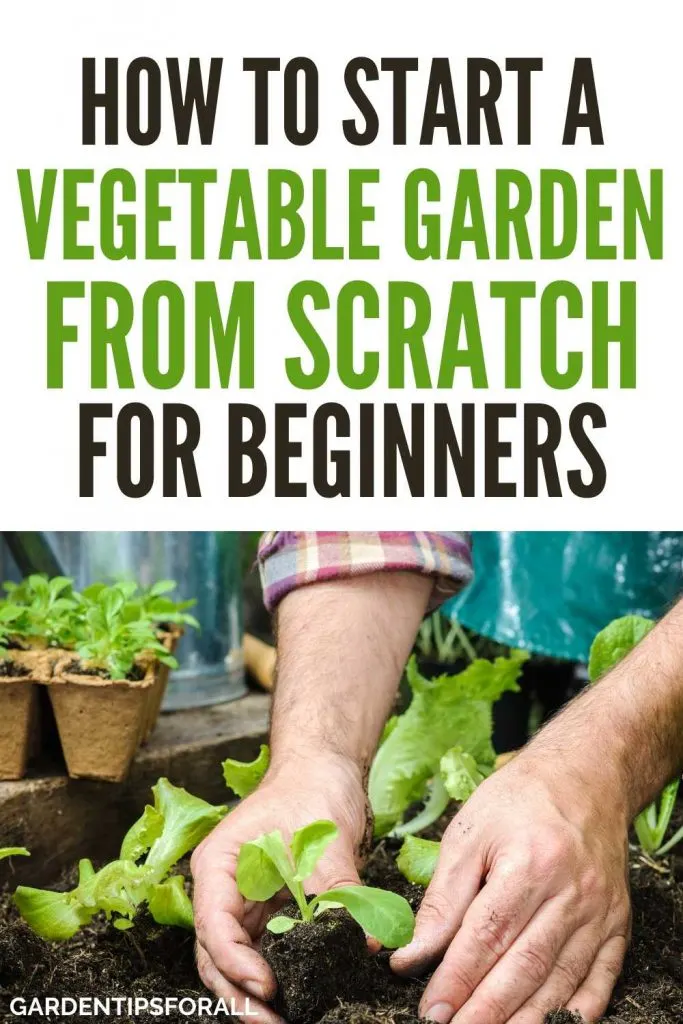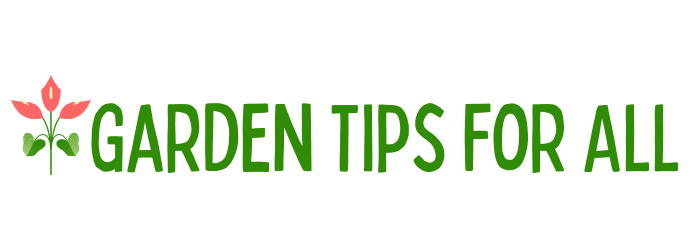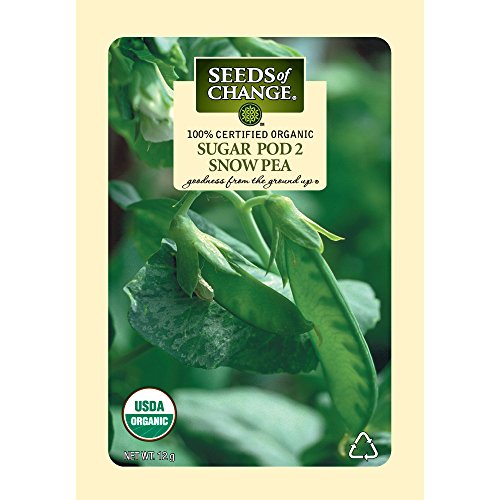Tips to Starting a Vegetable Garden from Scratch for Beginners
Are you looking for simple tips on how to start a vegetable garden from scratch? If so, you’ve arrived at the right place.
Before jumping in and giving all the gardening tips and secrets, just know that you’re about to embark on an activity that you’re going to love because there are definitely many advantages of gardening as a hobby.
No matter if you have a green thumb or not, you’ll find comfort and peace in knowing that you’re able to plant and grow your own food from your very own land.
And since growing your own vegetables really doesn’t have to be all that complicated, you’ll find that some of these simple gardening tips don’t have to be overly difficult at all.

Related Article:
How Do You Prepare the Soil for a Vegetable Garden?
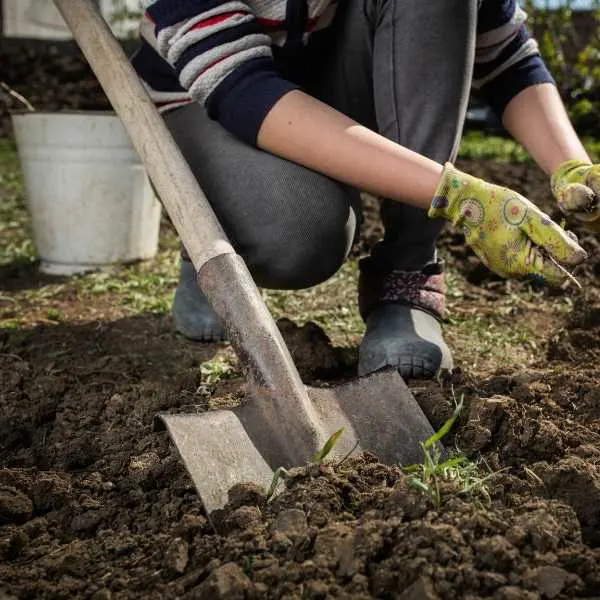
Believe it or not, the soil in your garden area is going to make or break your garden.
If your soil isn’t full of nutrients that your planted seeds need, they’re not going to grow and your garden will be deemed a failure until you straighten out the soil.
The good news is that preparing the soil for your garden doesn’t have to be an overly difficult process.
The easiest way to prep your soil is to add compost to your garden area. This will give it nutrients and things that it needs with little to no effort on your part.
You might see many gardeners adding chemicals or other additives to their garden but this is really a short-lived solution.
Chemicals won’t last as long as compost and the chemicals really don’t add anything to the soil that is beneficial to their growth.
Where Do You Put a Vegetable Garden?
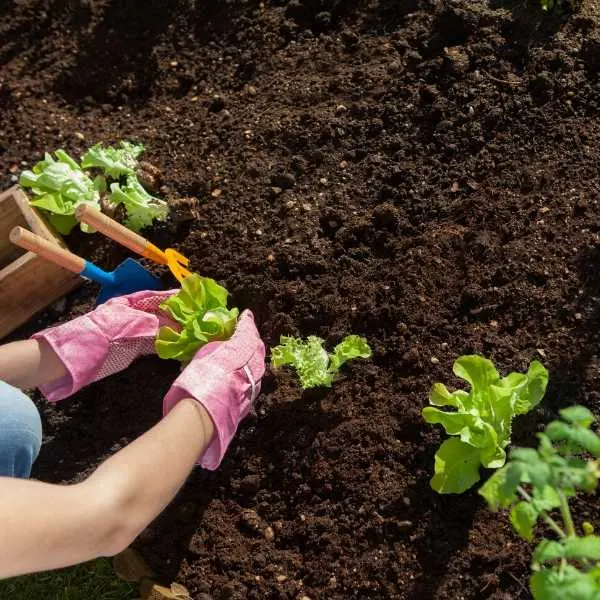
This is such an important question! Placement of your vegetable garden is just as important as making certain that you have the best soil as well.
When it comes to finding the perfect location for your veggie garden, make certain that you choose a spot that gets many hours of sunlight per day (at least 6 or more!), has good drainage for rain water, etc., and is in a location that you can easily get to so that you keep up with maintenance and upkeep.
If you have a spot in your yard that is perfect, then get that garden area started by planning your garden layout!
If you don’t have a space in your yard that fits the bill, you might want to consider having planters on your porch or even raised garden beds in your front yard instead.
What is the Best Month to Plant Vegetables?
This is a little bit of a trick question. There are actually several times per year that you can plant vegetables.
Many people think that during the summer months is the only time but that just isn’t the truth. (although most people tend to like having a summer garden the best!)
You can plant a vegetable garden in the early spring (April) that will produce mid-summer.
Then, once that crop grows and is done, you can plant another round of vegetables in the late summer as well. (July)
Those vegetables will grow and be ready to pick around September, which is another month that you can then plant cool weather crops that you can pick in a month or so as well.
What are the Best Vegetables to Plant in the Summer?
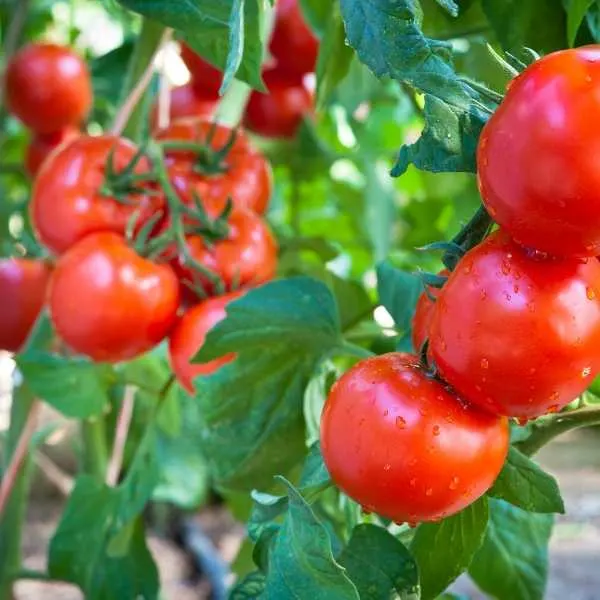
Since most new gardeners have summer vegetables on the mind, most tend to want to start with a summer vegetable garden.
Luckily, some of the easiest vegetables to grow in your garden are also summer vegetables.
Here are some of the best vegetables to plant in the summer months:
- Peas
- Peppers
- Sweet Potatoes
- Tomatoes
- Cilantro (yes, it’s an herb but still a good thing to plant!)
These vegetables will grow quickly and produce quite a crop as well. Just make sure to plant them according to the seed package and ensure that they get plenty of sunlight and water.
Tomato Seeds Variety Pack – 100% Non GMO – Ace 55. Heirloom Tomato Seeds Seeds of Change Certified Organic Seed, Sugar Pod 2 Snow Pea
Seeds of Change Certified Organic Seed, Sugar Pod 2 Snow Pea Sow Right Seeds – Pepper Seed Collection for Planting – Non-GMO Heirloom Seeds
Sow Right Seeds – Pepper Seed Collection for Planting – Non-GMO Heirloom Seeds
Is it Worth Growing Your Own Vegetables?
Yes! The answer is yes! Not only are you going to get the satisfaction of being able to walk out your door and pick your own food for the day, but you can also rest easy knowing that you grew that food without additives and chemicals as well.
And even though growing your own vegetables might take a bit more time than just walking into the store and buying them, it’s a well-known fact that the flavor of fresh veggies from the garden is unlike anything else in this world.
Garden fresh veggies have an amazing taste and flavor that you’re just not going to find in a store.
Plus, think of all the money that you’ll be saving by only having to spend a dollar or two for a whole pack of seeds compared to the $2 per pound for sweet potatoes. (the costs add up quickly!)
What Vegetables are Easy to Grow for Beginners?
Since you’re looking at starting your very first vegetable garden, you need to be aware that there are some vegetables that are easier to grow than others.
If you’re wanting to have a strong first gardening season, consider adding these vegetables to your garden:
- Radishes
- Beans
- Kale
- Lettuce
- Peas
All of those vegetables are actually super simple to grow and grow very quickly as well.
It’s even possible that you can plant these seeds listed above and be picking them and eating them within 30 days. That’s how quickly and easily they grow!
How to Start a Vegetable Garden from Scratch
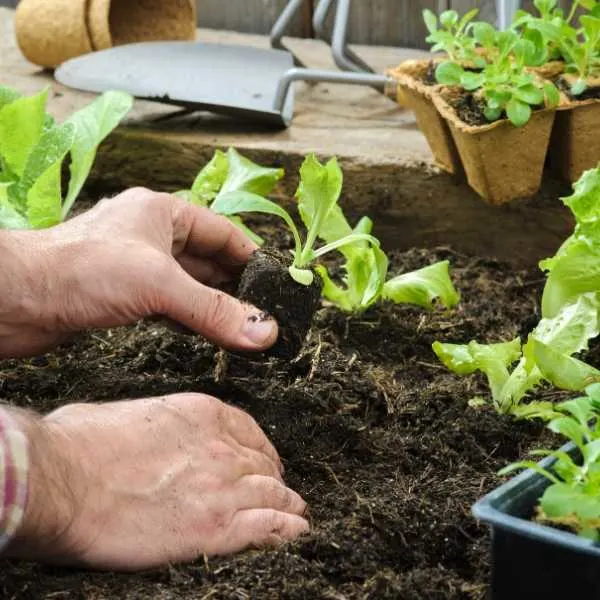
Now that you know a few of the main questions that new gardeners always ask, it’s important to remember the highlights of what you need to know to start your very own vegetable garden.
Find a Spot that Offers Great Sunlight and Great Drainage
This is key, first, and foremost. Without sunlight and water, your vegetables won’t grow. Period.
Choose Vegetables that Grow in Your Area and Climate
Don’t set yourself up for failure by trying to branch out and grow something that isn’t common in the area where you live.
That might be something to try for later but when you’re just starting to grow your own garden, you want to start with a win.
Get Your Soil Ready and Full of Nutrients
Add some great compost and fertilizer to your garden area to ensure that your planted seeds are going to get what they need to grow.
Plant Your Seeds or Seedlings
Plant your seeds or seedlings. You can even make your own mini greenhouse (seed starter) to start your seeds.
Read this article on DIY mini greenhouse to learn how to start your seeds using recycled materials, which can save you a lot of money.
Weed and Water Your Garden Daily
Once you plant the seeds or seedlings, you’re going to want to keep the weeds out and the seeds and plants watered so that they can grow.
Water early in the morning or late at night to avoid the leaves getting burned by the sun and you’ll find that your first summer garden is certain to be a success!
Do you have any other tips on how to start a vegetable garden from scratch?
